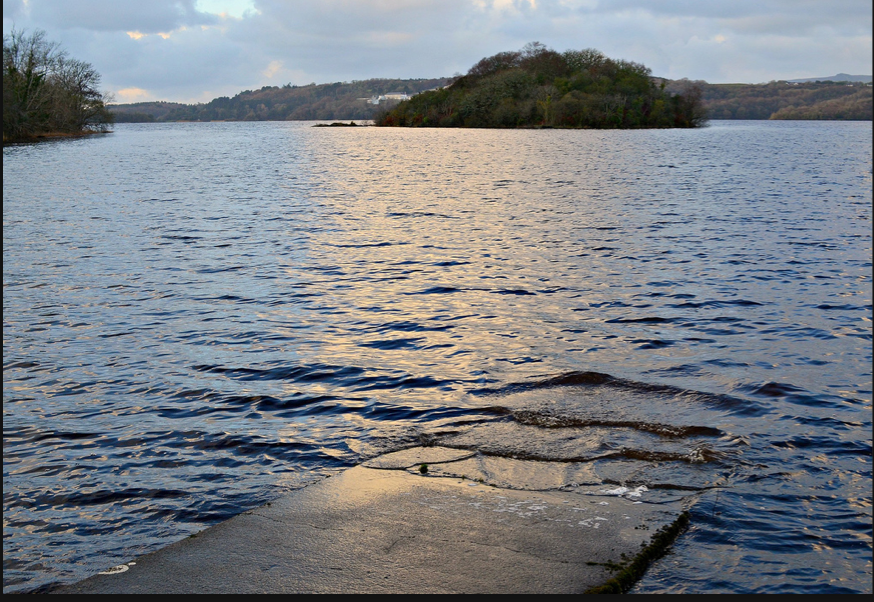I must go, I will go: Poetry as Respite and Transformation
In the introduction to his poetry anthology, Through Corridors of Light, which I wrote about a few weeks back, John Andrew Denny writes about how poetry came to offer a respite from the cabin fever imposed by illness. He’d been suffering with ME and Chronic Fatigue Syndrome (what is sometimes called CFIDS) when a poem, arriving on a postcard from a friend, catalyzed a shift in his experience. The poem was John Masefield’s “Sea Fever.” His wife had the genius to blow the poem up to poster size and put it up on his bedroom wall. He writes: Until then I had spent most of my days lying on my back, gazing at the ceiling and half-listening to the radio. Now I was just as likely to be lying on my side, focusing my mind on a few lines of the poem. I was mesmerized by the music and the rhythm of its language, and I took comfort in saying its lines over and over like a mantra, which would run through my head at odd times of the day and night. To my delight I found that repeated reading set my imagination alight and briefly transported me out of my prison of boredom and frustration. Saying its lines over and over like a mantra. Every few weeks he changed the poem. . . . when I followed WB Yeats’s imaginary escape from the grey London streets to his ‘Lake Isle of Innisfree’, I felt the exhilaration of freedom from my own narrow London flat, which in reality I could rarely leave. He writes: I found after several months that my feelings of being trapped began to dissolve. Something is happening here. In the first chapter of One Year of Writing and Healing, I write about the importance of discovering and creating and writing about healing places. The way these can become a kind of foundation for healing. But sometimes when one is ill it’s simply asking too much to write. Even reading a book can be too much. But a poem on a poster? Perhaps that could be just the thing. Or perhaps a single line to begin with. Or two lines? I love how, in Denny’s case, the lines of poetry – the music and rhythm of the language – gradually found their way into his mind, transforming thoughts of being trapped, slowly, slowly, into thoughts of finding respite. Something else interesting. Both poems (two of the three he mentions in this section of his introduction) begin in similar and compelling ways. The first, John Masefield’s Sea Fever begins: I must go down to the seas again, to the lonely sea and the sky The Lake Isle of Innisfree has an opening that echoes this: I will arise and go now, and go to Innisfree I must go. I will go. Something here I think about what poetry can do–and about what is possible in and with the mind. ________________________________________________ See also: Through Corridors of Light at Amazon Another piece on Through Corridors of Light Sea Fever by John Masefield read aloud on YouTube The Lake Isle of Innisfree by WB Yeats The photo above is of Innisfree, taken by Ben Bulben at Flicker. I like the way you can see the lake water...
read more




